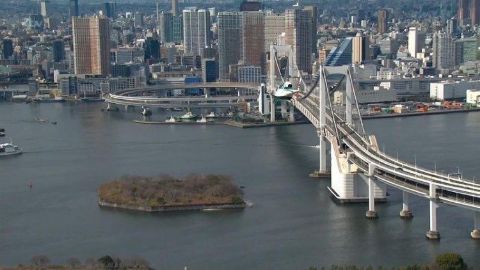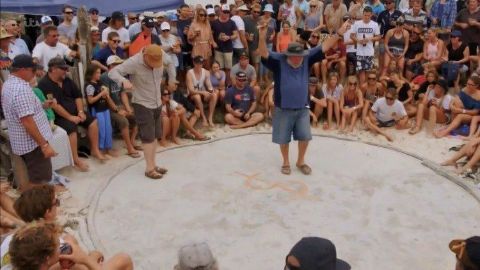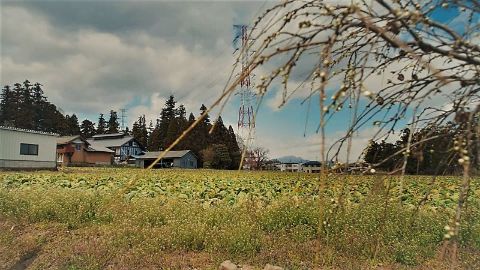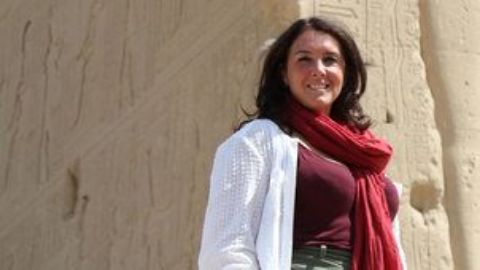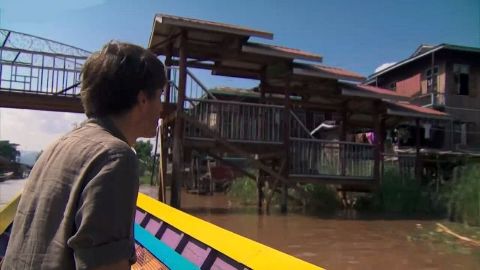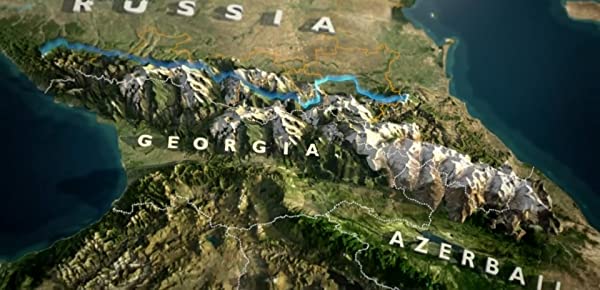Part 3 • 2016 • episode "Part 3" • Joanna Lumley's Japan
The actress heads to the island of Shikoku hoping to gain a better understanding of Japanese Buddhism. She then takes a bullet train to another island - Kyushu - where she finds the Henn Na Hotel, the world's first robot hotel. At Nagasaki, she visits Shiroyama Elementary school, one of the only buildings to survive the atomic bomb dropped on the city in 1945. Joanna then travels to Sakurajima, one of the country's most active volcanoes, before heading to the islands of Okinawa where one of the bloodiest battles of the Second World War was fought.
Make a donation
Buy a brother a hot coffee? Or a cold beer?
Hope you're finding these documentaries fascinating and eye-opening. It's just me, working hard behind the scenes to bring you this enriching content.
Running and maintaining a website like this takes time and resources. That's why I'm reaching out to you. If you appreciate what I do and would like to support my efforts, would you consider "buying me a coffee"?
Donation addresses
BTC: bc1q8ldskxh4x9qnddhcrgcun8rtvddeldm2a07r2v
ETH: 0x5CCAAA1afc5c5D814129d99277dDb5A979672116
With your donation through , you can show your appreciation and help me keep this project going. Every contribution, no matter how small, makes a significant impact. It goes directly towards covering server costs.

